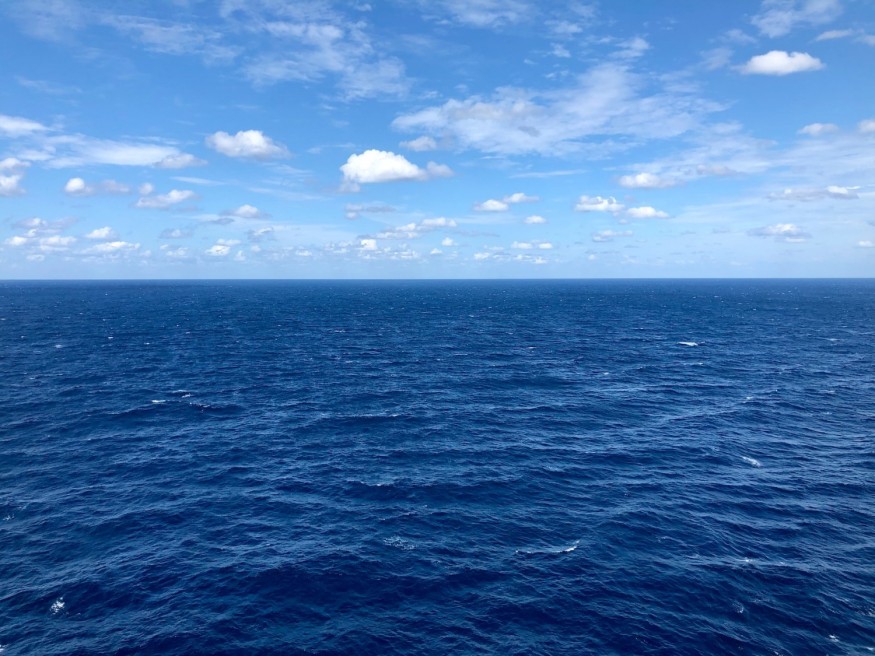Sea level changes involve the increase or decrease of water volume in a certain oceanic body of water. Based on prehistoric geological evidence, this oceanographic phenomenon has been occurring for millions of years. This happened long before modern, anthropogenic climate change and global warming influenced it.
In contemporary times, scientists through climate models have projected that sea level change in the form of rising sea levels can result in a catastrophic impact on coastal communities around the world by the middle and end of the 21st century.
These predictions are within the context of the current human-induced climate crisis, which is intensified by current greenhouse gas emissions and fossil fuel burning.
However, a study revealed that the phenomenon once drove out pre-industrial ancient civilizations in Brazil thousands of years ago. Yet, this time, people were impacted by sea level retreat or the lowering of ocean levels.
Eustatic Sea Level Changes

The impact of the Atlantic Ocean at ancient civilizations in Brazil is caused by eustatic sea level changes, which according to the book entitled "Physical Geology" by Steven Earle, are global sea level changes related to alterations in the volume of water in the ocean, as cited by Roger Williams University.
The water volume changes can be linked with the size of glacial ice on land, water thermal expansion, or seafloor shape changes caused by plate tectonic movement, the research material adds.
While climate scientists have attributed anthropogenic glacial ice melting (along with other factors) to rising sea levels, the study mentioned earlier supports the evidence that sea level changes are part of nature. The findings show the phenomenon will still occur with or without the influence of climate-damaging human activities.
Also Read : New Links Between Greenhouse Gases and Sea Level Rise Found in the Amundsen Sea, West Antarctica
Sea Level Retreat
In the study published in the journal Scientific Reports in December 2021, an international team of researchers from Brazil, Spain, and the United Kingdom explored pre-Columbian societies with plant-based economies in South America. The specific site of the scientific inquiry is ancient civilizations along the Atlantic Forest coast of Brazil.
The said shellfish-eating, ancient communities reportedly thrived for nearly 7000 years, showing that the marine resources contributed to the diet of the local populations. However, the researchers noticed some significant changes in southwestern Brazil approximately 2500 years ago, based on archaeological evidence that they collected.
The evidence shows that eustatic sea level changes may have led to extreme, retreating tides that resulted in the rapid reduction of the marine resources for the shellfish-eating populations at that time.
The research paper shows the decline of shell middens even before the onset of the introduction of pottery, revealing that the ocean levels in southern Brazil decreased by 1.6 meters compared with their peak around 7,000 years ago.
The study highlights the reality that sea level changes, whether water volumes increase or decrease, can affect the food resources of prehistoric people on the mainland and even drive them out near the coast.
© 2025 NatureWorldNews.com All rights reserved. Do not reproduce without permission.





